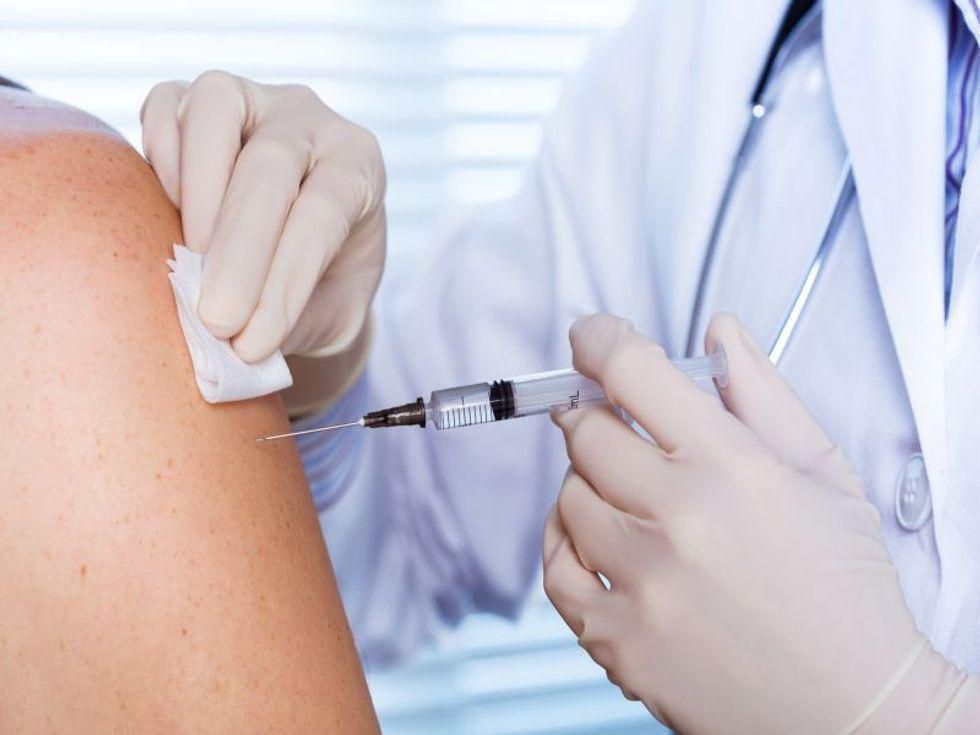
Think you don’t need to get a COVID-19 vaccination because you’ve been infected by SARS-CoV-2 in the past? Think again.
A new study from the U.S. Centers for Disease Control and Prevention finds that “those who were unvaccinated and had a recent infection were five times more likely to have COVID-19 than those who were recently fully vaccinated and did not have a prior infection.”
According to the agency, “the data demonstrate that vaccination can provide a higher, more robust and more consistent level of immunity to protect people from hospitalization for COVID-19 than infection alone for at least 6 months.”
The new findings came from data collected from 187 hospitals across nine U.S. states from January to September of 2021. In total, the data covered more than 7,300 adult patients who had COVID-19 so severe that they required hospitalization.
The take-home message: People who’d been infected previously (between three to six months prior) and remained unvaccinated were about 5.5 times more likely to be infected again compared to people who’d been fully vaccinated with either the Pfizer or Moderna mRNA vaccines within three to six months, and who had no history of prior infection.
“We now have additional evidence that reaffirms the importance of COVID-19 vaccines, even if you have had prior infection,” CDC Director Dr. Rochelle Walensky said in an agency news release.
“This study adds more to the body of knowledge demonstrating the protection of vaccines against severe disease from COVID-19,” she added. The best way to stop COVID-19, including the emergence of variants, is with widespread COVID-19 vaccination and with disease prevention actions such as mask-wearing, washing hands often, physical distancing and staying home when sick.”
The new study was published Oct. 29 in the CDC journal Morbidity and Mortality Weekly Report.
More information:
There’s more on COVID-19 at the U.S. Food and Drug Administration.
SOURCE: U.S. Centers for Disease Control and Prevention, news release, Oct. 29, 2021
Source: HealthDay

Leave a Reply